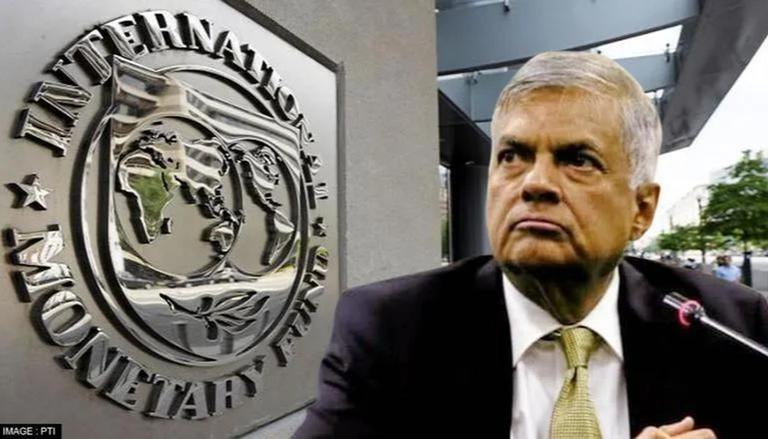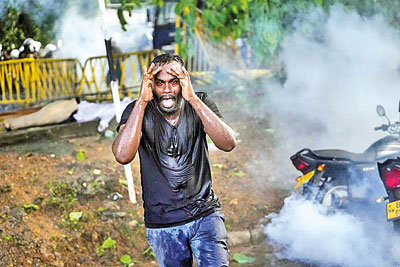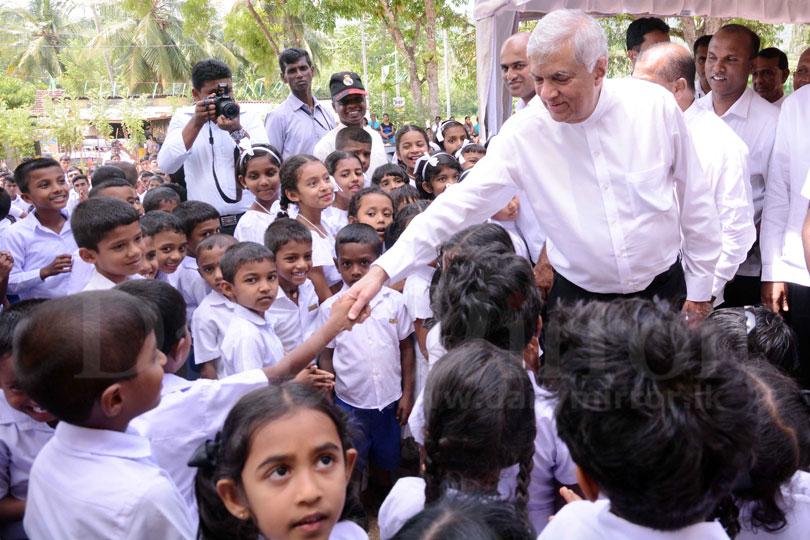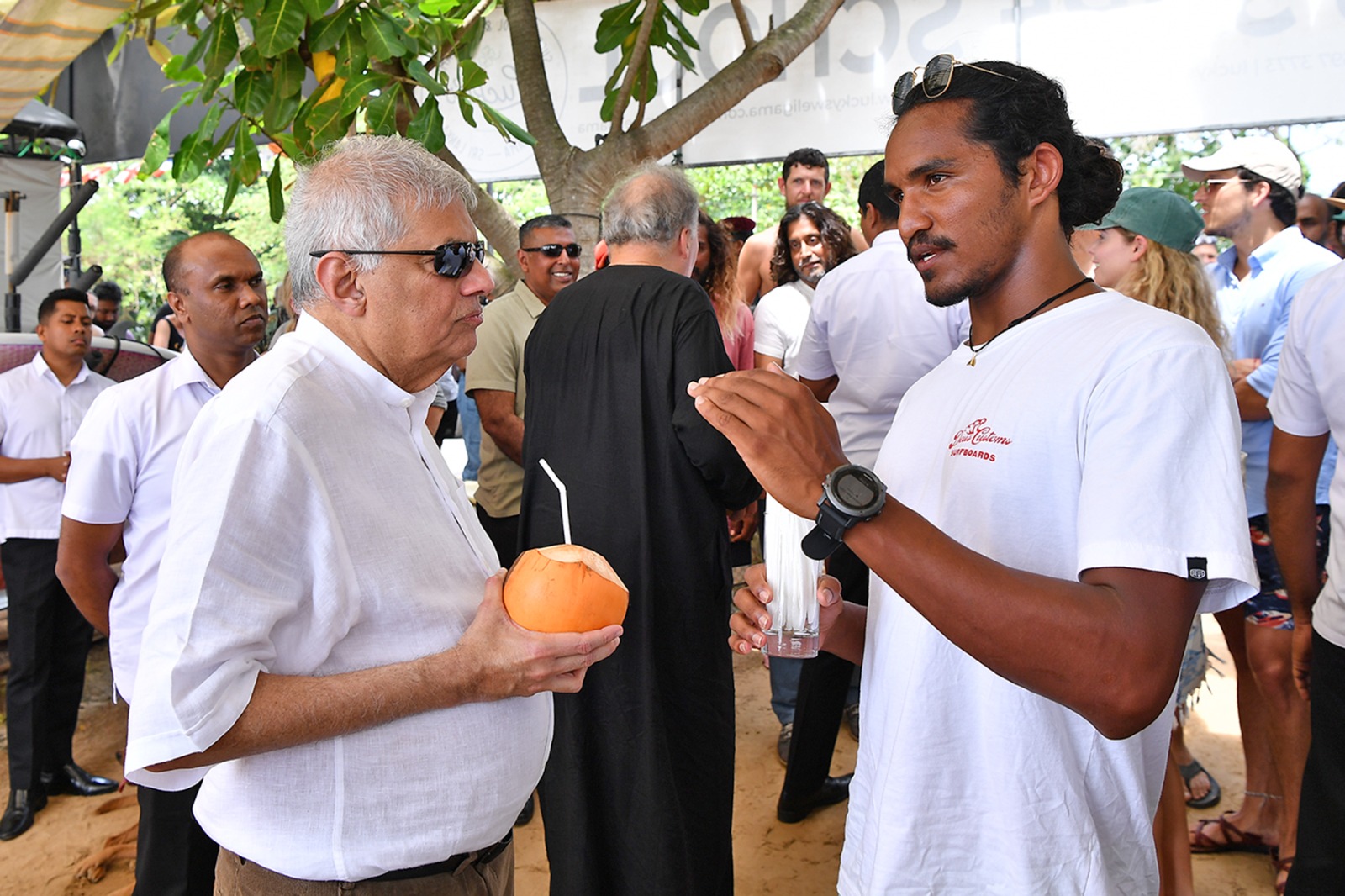A Leader for Troubled Times: How Ranil Wickremesinghe is Leveraging Debt Challenges in His Re-election Bid
As Sri Lanka navigates one of the most challenging periods in its modern history, President Ranil Wickremesinghe stands at a critical crossroads. With the country deep in debt and its people struggling under economic hardship, Wickremesinghe faces an uphill battle. Yet, these very challenges could become the cornerstone of his re-election campaign, positioning him as the leader most capable of steering the nation through the storm.
Turning Economic Turmoil into Political Capital
The global community has watched closely as Wickremesinghe negotiated Sri Lanka’s debt restructuring deal with the International Monetary Fund (IMF). While the agreement has been met with both praise and criticism, the President is framing it as a testament to his ability to secure the nation’s future amidst overwhelming odds. He likens his efforts to Grusha, the humble servant girl from The Caucasian Chalk Circle, who risked her life to carry the abandoned child Michael across a dangerous, broken bridge. Wickremesinghe suggests that he, too, has undertaken the risky task of taking the country across a metaphorical broken bridge.
Critics, however, argue that he may have merely provided a safe path for the Rajapaksas to cross that bridge, raising questions about who truly benefits from his leadership.
“Restructuring a debt-ridden economy is no small feat,” Wickremesinghe asserts. “It requires experience, resilience, and a deep understanding of global finance—qualities that I have demonstrated in the toughest of times.” This is the key theme of Wickremesinghe’s campaign.
By highlighting his role in negotiating the IMF deal, Wickremesinghe presents himself as the seasoned statesman who can lead Sri Lanka through its recovery. He emphasizes that his ability to engage with international creditors and secure critical financial lifelines is unparalleled, particularly when compared to his political opponents, who may lack the necessary diplomatic acumen.

Championing Fairer Economic Policies
Despite the economic recovery touted by the IMF, Wickremesinghe acknowledges the undeniable hardships faced by the Sri Lankan people. By doing so, he positions himself as a leader who not only understands the complexities of the global economy but also empathizes with the daily struggles of his citizens.
“I recognize that the recovery has been uneven, and the burden has fallen too heavily on the shoulders of the poor, but without this pain, recovery is not possible,” Wickremesinghe states. “That’s why I’m committed to renegotiating the terms of our debt to ensure that the economic pain is shared more fairly. Under my leadership, no one will be left behind. I am the man for the moment.”
This message allows Wickremesinghe to appeal to a broad base of voters, from working-class families struggling to make ends meet to the business community concerned about long-term stability. By promising to address the inequities in the current economic recovery, he could win the trust of those who feel marginalized by existing policies. While he may not have convinced everyone, recent opinion polls and surveys reveal that some who previously doubted him are now listening.
Managing Domestic Unrest with Experience

Sri Lanka’s recent history has been marked by social unrest, driven by economic despair and political disillusionment. Wickremesinghe could leverage his extensive experience in handling such crises to reassure voters that he is the leader best equipped to maintain stability.
“During times of unrest, experience matters,” he might assert. “I have navigated Sri Lanka through both peace and turmoil. I know what it takes to keep this nation together, and I have the track record to prove it.” There are voters who could be convinced by this argument. The main contenders, Sajith Premadasa and Anura Kumara Dissanayake, have never navigated the kind of troubled waters that Wickremesinghe has handled. Here, the tagline is clear: “Experience Matters.”
By presenting himself as a stabilizing force, Wickremesinghe can contrast his leadership with that of his opponents, who may lack the same depth of experience. His message could be clear: in uncertain times, Sri Lanka cannot afford the risk of inexperienced leadership—a potentially effective slogan.
A Vision for the Future

Wickremesinghe’s campaign largely focuses on his vision for Sri Lanka’s future—a vision that includes not just economic recovery, but also long-term prosperity and social justice. Certainly a catchy campaign theme.
“We’re not just aiming to survive this crisis,” he could say. “We’re aiming to build a stronger, fairer Sri Lanka—one where every citizen has the opportunity to thrive. But to achieve this, we need leadership that understands the complexities of the global economy and the needs of our people.”
“So here I am, someone who has been in Parliament for the best part of my life,” Wickremesinghe might say. But his opponents challenge him with the question, “So aren’t you part of the mess?”
By framing the election as a choice between his experienced, steady hand and the untested approaches of his rivals, Wickremesinghe is appealing to voters’ desire for stability and progress. Whether he can convince voters with this rhetoric and push across the finish line in the Presidential race remains to be seen. What is known for now is that he has accumulated a significant amount of political capital during his tenure as President.
The United National Party, under his leadership, suffered the worst defeat in its history, receiving a total of 249,435 votes, which was only 2.15% of votes cast. Would it be wrong to argue that Ranil Wickremesinghe has come a long way since this historic defeat?
Sudarshana Gunasekara







